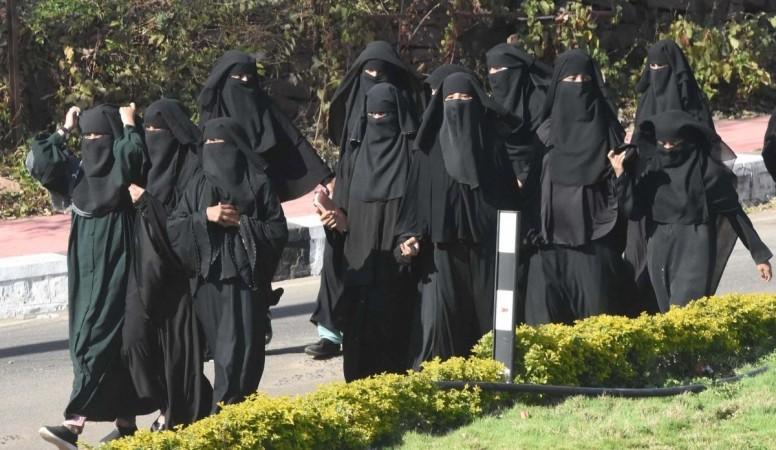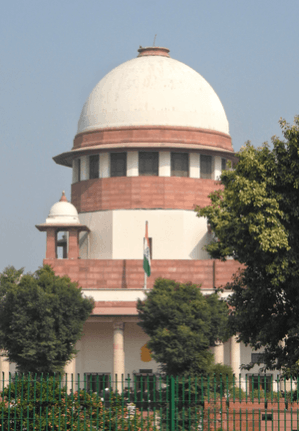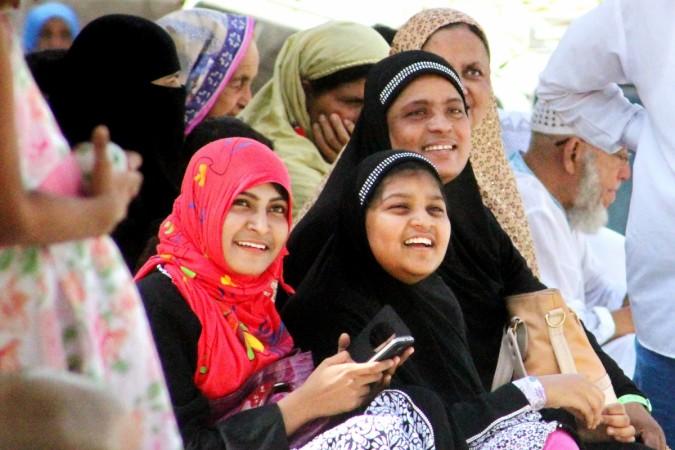
In a landmark ruling, the Supreme Court of India, led by Justice B. V. Nagarathna, has declared that a divorced Muslim woman has the right to petition for maintenance from her estranged husband under Section 125 of the Code of Criminal Procedure (CrPC). This decision, announced on July 10, 2024, in New Delhi, has significant implications for the rights of divorced Muslim women in India. The case in question involved a special leave petition filed by a husband who contested the interim maintenance of Rs 10,000 per month granted to his ex-wife.
The husband's argument was based on the Muslim Women (Protection of Rights on Divorce) Act, 1986, which he claimed made Section 125 CrPC inapplicable. He further argued that the 1986 Act was more beneficial to the Muslim woman. However, the Supreme Court's ruling has clarified that the 1986 Act does not bar divorced Muslim women from seeking maintenance under Section 125 CrPC. This decision confirms that they can access maintenance from their former husbands through both legal avenues, indicating that the CrPC provision is supplementary and not overridden by the 1986 Act.
This ruling is a significant step forward in the recognition of the rights of divorced Muslim women in India. It affirms that they are not restricted by their personal laws and have a legal safety net. The court's decision is a clear message that secular law will prevail, ensuring that all women, regardless of their religion, have the right to seek maintenance.

Justice Nagarathna, in her remarks, emphasized the importance of recognizing the role and sacrifice of homemakers. She stated, Some husbands are not conscious of the fact that the wife, who is a homemaker, is dependent on them emotionally and in other ways. The time has come when the Indian man must recognize a homemaker's role and sacrifice." This statement underscores the court's commitment to ensuring the rights of all women, irrespective of their marital status.
The court's ruling also has historical significance. It overrules a similar judgement pronounced by the Supreme Court in 1985, known as the Shah Bano case, which was subsequently overruled by the Parliament through the Muslim Women (Protection of Rights on Divorce) Act, 1986. The recent ruling, therefore, marks a significant shift in the interpretation of the law, reaffirming the rights of divorced Muslim women to seek maintenance under Section 125 of the CrPC.
During the hearing, the bench had appointed senior advocate Gaurav Agarwal to assist the court as amicus curiae in the matter. The court also ordered that the remaining 50% of the arrears shall be paid by March 13, 2024. The High Court had asked the Family Court to decide the main matter within six months.

The Supreme Court's ruling is a significant milestone in the fight for the rights of divorced Muslim women in India. It reaffirms their right to seek maintenance from their former husbands under secular law, ensuring they are not restricted by their personal laws. This decision is a testament to the court's commitment to upholding the rights of all women, regardless of their religion or marital status. It is a clear indication that the court is committed to ensuring justice and equality for all, irrespective of religion or personal laws.
















